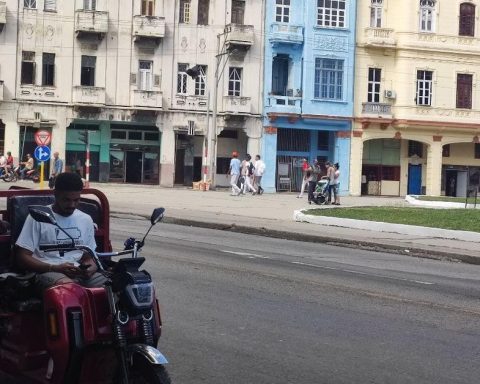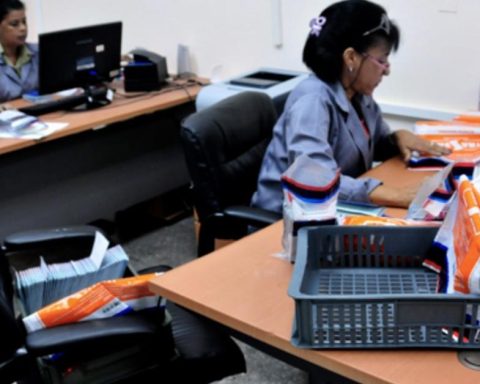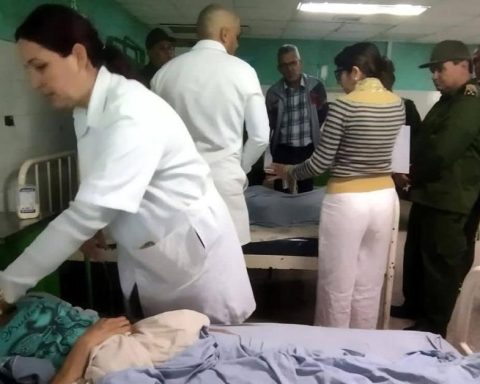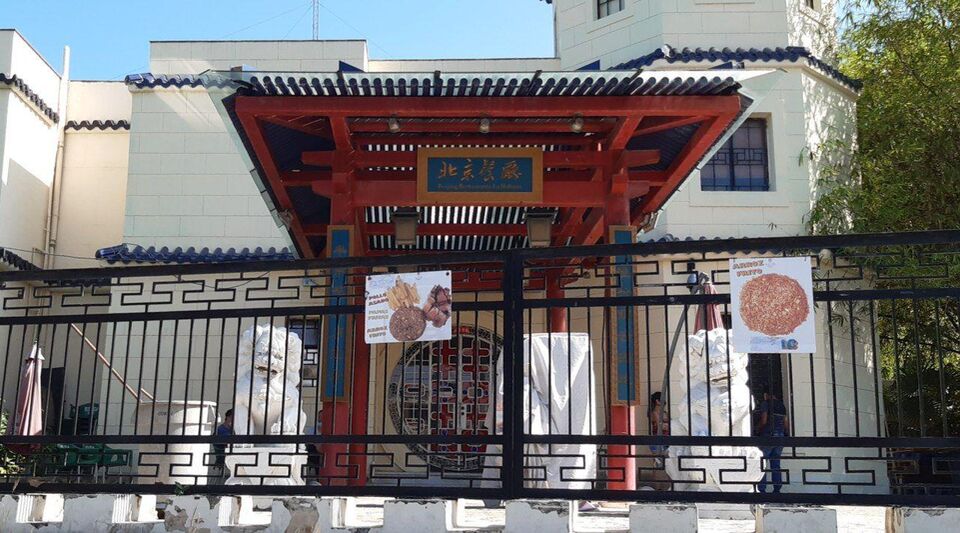The lack of disaggregated data on gender-based violence in the countries of Latin America and the Caribbean has prevented the reality of sexual violence suffered by girls and adolescents in the region from being known.
“There are relevant challenges regarding understanding the circumstances and types of violence that affect girls and adolescents. For example, it is important to point out that sexual violence against children is the one about which there is less information. A type of violence that receives little attention is child marriage waves early unions and forced”, warns the director during an interview in which she takes stock of the situation of women in the region.
According to ECLAC, one in four girls and adolescents in Latin america and the caribbean You were married for the first time or were in an early union before your 18th birthday. Its prevalence in the region has not changed in the last 25 years and, without actions and investments, Latin America will have, in 2030, the highest percentage of child marriage, behind only Sub-Saharan Africa.
However, these numbers could be higher due to the lack of long-term data, normalizing that violence and the lack of updating, and even the absence in several countries, of information on child marriages, especially in Caribbean, assures the organism.
“Eliminating this harmful practice is a goal to be met in the region, and eliminating it is also central to achieving gender equality and sustainable development,” adds Güezmes.
Some facts about violence
Sexual assault against girls and adolescents is not the only type of violence made invisible by the lack of statistics. The director of gender issues He assures that, despite the reforms carried out in recent years, the figures on “unacceptable” sexist murders, especially in minors, still do not have adequate accounting, much less a standard in the region.
“There are underreporting and limitations in many of the countries to have disaggregated data on the gender violence, which have not made it possible to establish trends in relation to girls and adolescents”, he mentions.
According to the latest report from the ECLAC, that collects this information through its equality observatory since 2009, of the 4,091 victims of femicide registered in 26 countries of Latin America and the Caribbean in 2020, at least 40 were girls under 15 years old. However, it is impossible to compare the situation between countries, since the data corresponds to the legislation of each one.
«There are still many challenges for measuring violence against women and the incidence of crimes with a gender perspective. Implementing comprehensive information systems is not only key to policy, it can save lives. For many women, femicide violence is “the chronicle of a death foretold”, so a record, monitoring and consequent protection can make a key difference, “says the director.
This is why, says Güezmes, that in recent years ECLAC has asked governments to send information disaggregated by various variables to learn about and make visible the discrimination suffered by women due to their migratory status, gender identity, sexual orientation, race and ethnicity.
“Even without being able to establish if there will be an escalation (of violence in the coming years), the situation is serious enough to warrant decisive and forceful action with much greater investment, which addresses the complexity and multidimensionality of the violence against women and girls“, he warns.
Widening gender gaps
The arrival of the pandemic has exposed the structural gender inequalities in the region. “All countries have been affected by these crises, and in all of them the gender gaps have widened,” says Güezmes.
During the last two years, she maintains, women have been “disproportionately affected because they are cushioning the effects of the crisis through an increase in unemployment, informality, poverty, domestic work and unpaid care, and a precariousness of their life conditions«.
In addition, women hold the majority of jobs in the sectors most affected by the crisis, such as manufacturing, commerce, paid domestic work and tourism. For example, Güezmes points out that in 2019, 25.3% of women had no income, while in 2020, that figure rose to 27.5%. If government transfers were excluded, it would have been 35.3%.
“We are facing a paradox of recovery because, although an increase in growth levels is estimated in 2021 and 2022, only men will return to pre-crisis levels, while women will hardly reach the labor participation of 2008 (49 ,one%). We would still be in levels of 13 years ago», alert.
“Domestic workers have been the hardest hit sector in labor terms in the region,” she adds.
The lack of one economic autonomy it is an additional obstacle for women in situations of violence that prevents them from getting out of that spiral.
poor care
Due to these figures, ECLAC has decided that during 2022 care should be the central theme when talking about post-covid recovery.
“The pandemic, like never before, has shown that without taking care of life and the planet, there is no possible economy, there is no development. That is why we promote moving towards a society of care: a paradigm shift that puts the care of people at the center, of those who care, self-care and caring for the planet”, explains Güezmes.
Do not take into account the care could further deepen crisis, Therefore, he assures, it is necessary to counteract the precariousness of jobs related to the care sector and improve working conditions and their formalization.
“And it is also urgent to make visible the multiplier effects of the care economy in terms of well-being, the redistribution of income and time, employment, the growth of economies and the increase in collection levels”, he mentions.
For this, the ECLAC promotes in the countries, the creation of comprehensive care systems that promote co-responsibility not only between men and women, but also between the State, the market and the various forms of family and community.
“In order to guarantee a transformative recovery process with equality, it is necessary more than ever that there be no setbacks in the economic autonomy of women,” she affirms.


















